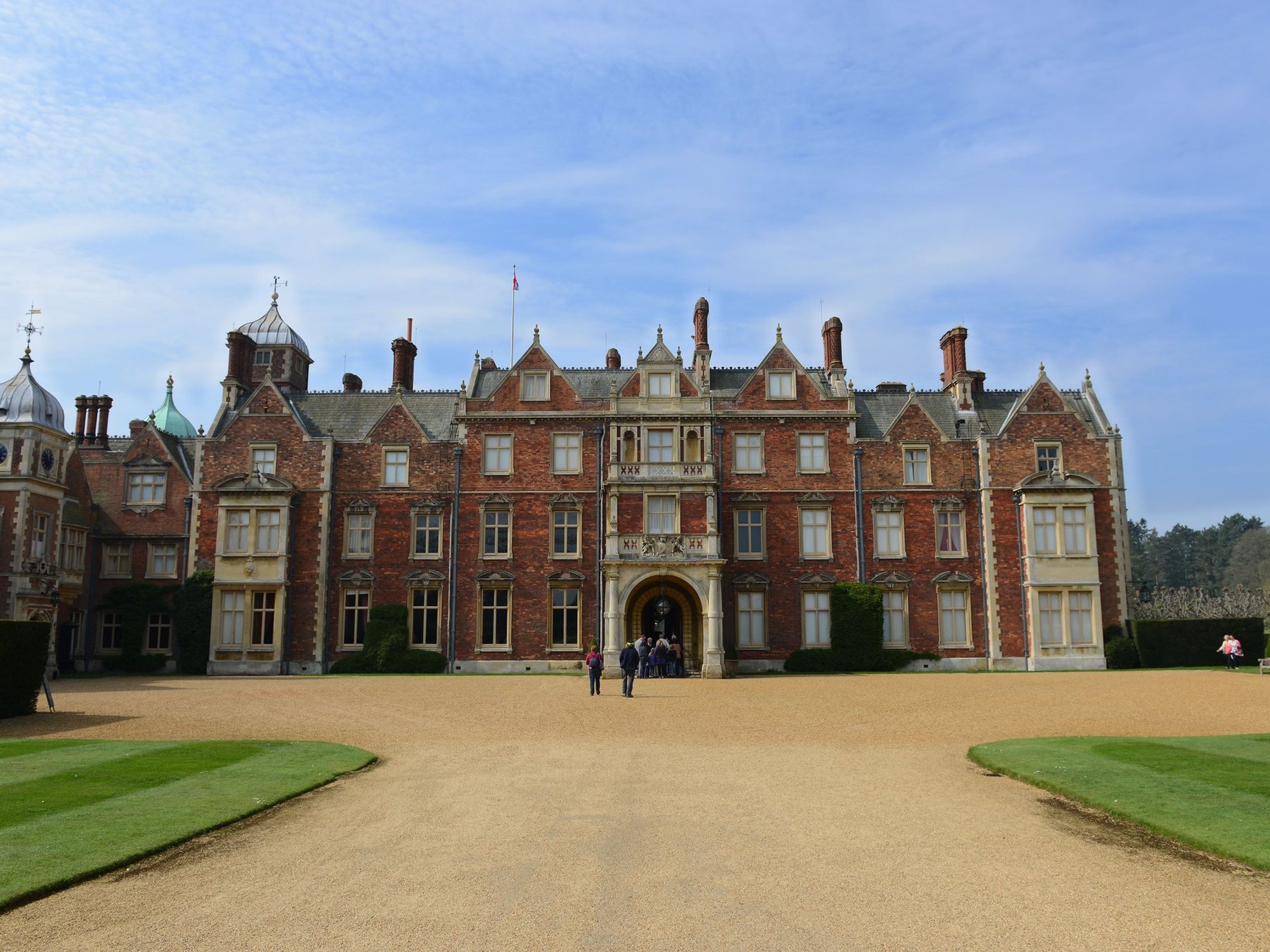'Turin Shroud is real' says new research just days after relic was accused of being a forgery
Bloodstains on the sacred linen cloth have been studied extensively
Don't Miss
Most Read
Latest
The Shroud of Turin is real, according to a new study - just days after the biblical relic was accused of being fake.
Recent research says it is possible Jesus was buried unwashed and wrapped in spiced linen cloths.
The cloth, which is now securely housed in a chapel in Turin, northern Italy, measures 14.5 feet long by 3.7 feet wide, and bears the image of a crucified man.
**ARE YOU READING THIS ON OUR APP? DOWNLOAD NOW FOR THE BEST GB NEWS EXPERIENCE**
 PICTURED: One side of the Turin Shroud, appearing to show a relief of Jesus's front | WIKIMEDIA COMMONS
PICTURED: One side of the Turin Shroud, appearing to show a relief of Jesus's front | WIKIMEDIA COMMONSThe study, undertaken by Kelly Kearse, a Johns Hopkins-trained immunologist in June 2025, makes reference to evidence of blood clotting on a cloth.
For the research, linen was examined under a UV light, which showed visible rings known as "serum halos" around bloodstains.
This disputes claims made in a 1998 study which concluded that the body had been washed before being enveloped in cloth.
If this was the case, the stains would not be as prominent - because serum halos are only visible if wounds begin to clot before touching the surface.
 PICTURED: Pope Francis prays in front of the Shroud of Turin, when it was last placed on public view in 2015 | GETTY
PICTURED: Pope Francis prays in front of the Shroud of Turin, when it was last placed on public view in 2015 | GETTYKearse, who has studied the shrouds for years, took multiple samples for testing, and mimicked blood conditions after death.
The immunologist also studied the way blood transfers to textiles in various conditions which she then compared to the bloodstains on the Shroud of Turin through the use of a microscope.
Biblical scripture shows that the Jewish burial customs of the time forbid the washing of bodies which suffered violent deaths.
It comes just days after different research claimed the Shroud of Turin was in fact not Jesus's burial cloth.
MORE BIBLICAL BREATHROUGHS:
 If the shroud was really draped over Jesus's body, it would have looked like the image on the left, Moraes says | CICERO MORAES
If the shroud was really draped over Jesus's body, it would have looked like the image on the left, Moraes says | CICERO MORAESCicero Moraes, a Brazilian 3D digital designer, used advanced modelling software to show the cloth's markings align with artistic techniques rather than the impressions a dead body would leave.
He said: "The Shroud's image is more consistent with an artistic low-relief representation than with the direct imprint of a real human body."
Moraes told LiveScience the pattern "could have been made of wood, stone or metal and pigmented - or even heated - only in the areas of contact".
Nevertheless, he admitted the shroud represents "a masterpiece of Christian art".











